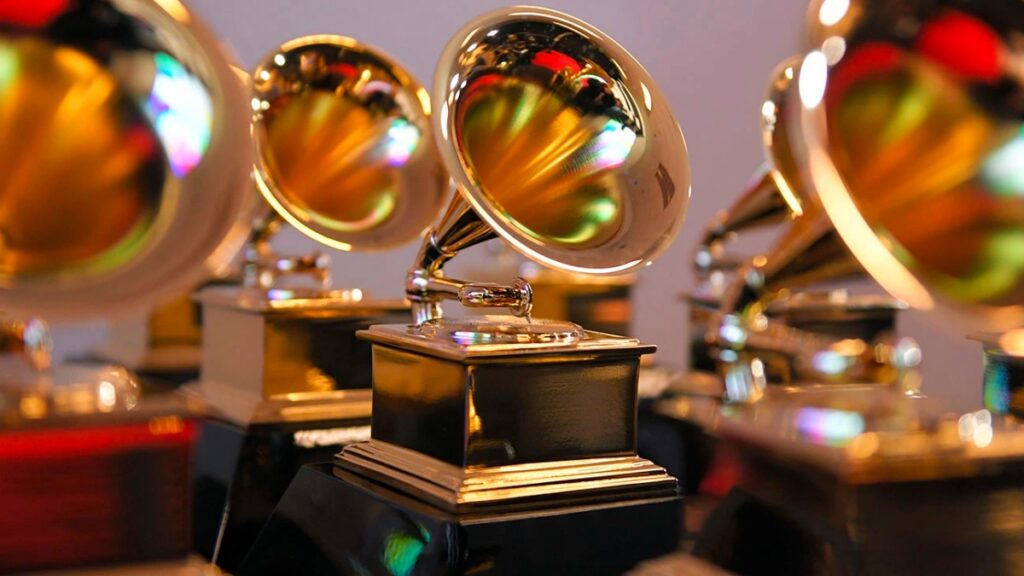The Recording Academy has announced a new list of rule-changes impacting who, and what, can be nominated for a number of categories at the Grammy Awards. Chief among the updates is a new rule for all categories targeted at the rising wave of artificial intelligence, or AI, technology: “Only human creators are eligible to be submitted for consideration.”
The rule, which was passed last month at the Academy’s Board of Trustees meeting, goes on to explain that: “A work that contains no human authorship is not eligible in any Category.”
For works that do contain some human authorship and some AI, however, the Academy had this to offer: “The human authorship component of the work submitted must be meaningful and more than de minimis.” Specifically, this means that if AI is involved, whatever the work, then the human’s contribution must be the primary creative contribution. The Academy defined “de minimis” as: “lacking significance or importance; so minor as to merit disregard.”
The Academy also clarified that authors of any AI-generated material incorporated into a work would not be eligible for nomination, unless they contributed more than just the AI element.
This announcement comes as AI is a rising force in the creative world — just days ago, Sir Paul McCartney revealed that he had used AI technology to complete a decades-old demo that’ll be released as The Beatles’ “final” song. Under the new rules, it appears as if McCartney’s work would still be eligible for nomination.
Among other rule changes, the Academy announced that, going forward, a creator must appear on over 20% of an album in order to be included in nominations for Album of the Year. In the past, anyone involved in a record — from songwriters to engineers — would be nominated. Additionally, the Academy also decreased the number of nominees for its “Big Four” awards (Best New Artist, and album, song, and record of the year) from 10 to eight. Earlier this month, the Academy announced it would be adding new categories, as well.

